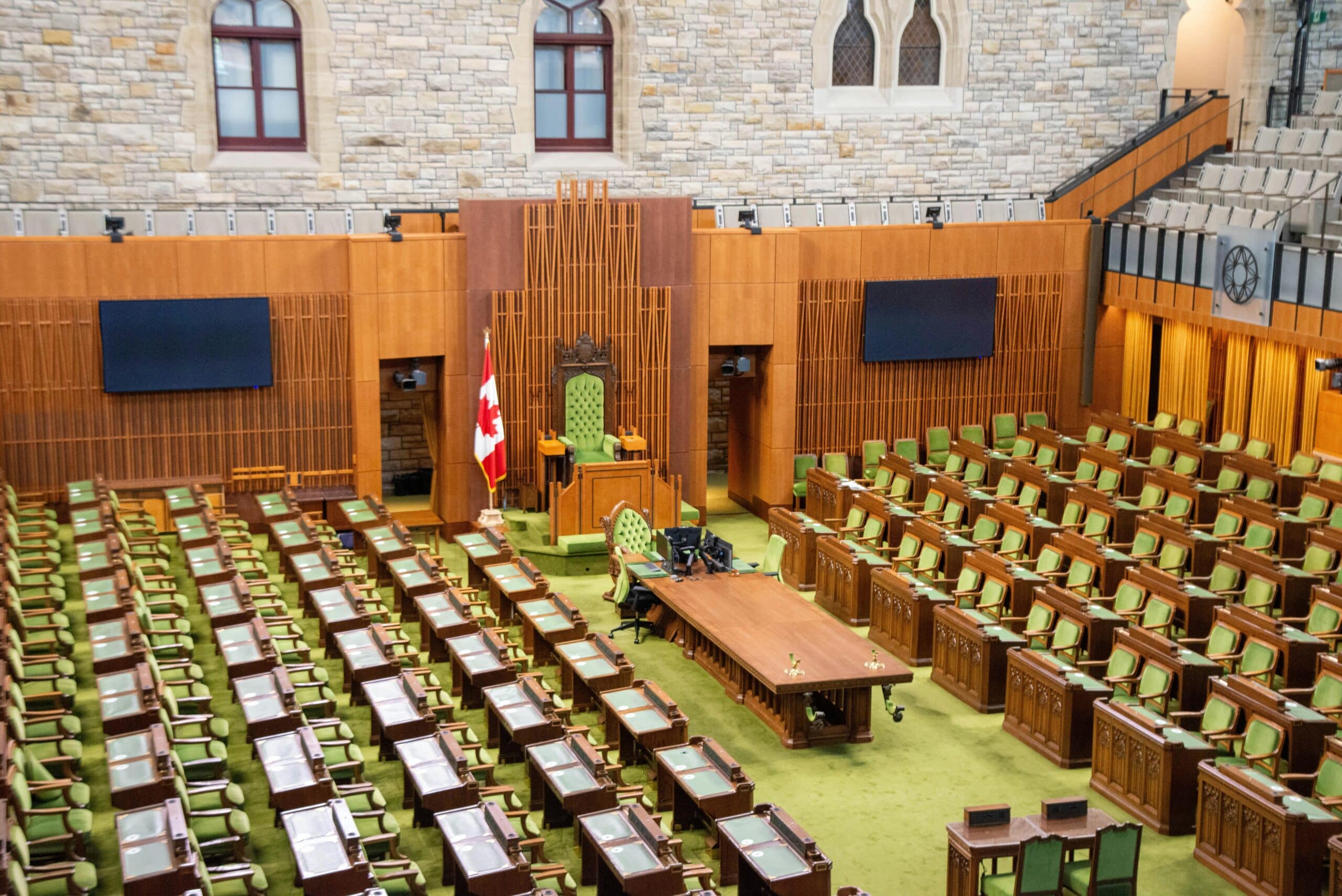Regulatory support will always trail behind public acceptance and one prominent example of this is the US’s outdated Internal Revenue Code Section 280E as it relates to the cannabis industry.
In a long well-publicized battle, Oakland-based Harborside Inc. (listed on the Canadian Securities Exchange and operator of a number of cannabis dispensaries) had been arguing that Section 280E is unconstitutional. This section bars state-legal cannabis companies from making use of standard business deductions other than cost of goods sold for federal tax purposes. (Some cannabis-legal states also apply this draconian policy for state tax purposes as well.) It’s one more complication for the U.S. cannabis industry, which must already walk a windy path in and around controlled substances laws that conflict between state and federal levels.
Potential benefit of repealing 280E
Though one might think that Section 280E just results in a higher tax rate for cannabis companies, the provision has a more nefarious outcome. In fact, some companies that lose money are taxable as a result of 280E. Basically, Section 280E is a grossly unfair tax.
Having additional after-tax cash flow can facilitate an appropriate redeployment of resources.
Repeal scrapped
Unfortunately, it doesn’t look like section 280E is going anywhere. Referring to it as a “multi-million dollar tax controversy”, Circuit Judge Daniel Bress addressed the disparity between federal and state law in his statements1. Ultimately, he sided with the US Government. The result? The Internal Revenue Service saddled the company with a US$29 million tax bill for the years 2007 to 2012. Following Harborside’s appeal, the amount was reduced to US$11 million, after it was agreed that costs of goods sold could be deducted.
The outcome of the case means that unless the Biden administration and Congress legalize cannabis, cannabis companies will continue to be taxed more adversely than businesses in other industries.
Strategic taxation insight
As cannabis companies stretch towards the next phase of growth in the U.S. market, Section 280E will be a continuing challenge unless further addressed. Until then, cannabis businesses need to work with the professional experts in the field who can guide them on the best moves to reduce their tax burden.
The team at Zeifmans has been advocating for cannabis businesses since the nascent medical industry first took root in Canada. We are founding members of the Nexia International Cannabis Team. With clients in both the Canadian and US cannabis space, our audit and US and Canadian tax teams have a wealth of insight on this unique market, enabling us to provide our clients with the edge they need to succeed, even in the face of unfair regulatory treatment.
To learn more about how Zeifmans can support your cannabis business, reach out to us today.
Insights
Bill 60: How Ontario’s New Development Legislation Creates Opportunity for Builders and Commercial Real Estate
Ontario’s Fighting Delays, Building Faster Act, 2025 (Bill 60) is a major legislative update focused on speeding up construction, cutting bureaucracy, and aligning development with infrastructure investment¹. The bill amends ...
2025 Year End Tax Considerations: What Individuals and Business Owners Should Review Before December 31
Year-end has a way of sneaking up on everyone. The final weeks of the year are often packed with project deadlines, budgeting for the new year, and holiday chaos. Yet ...
Beyond the EV Hype: The Hard Truth About Canada’s Auto Sector Crisis
Canada’s $73 billion automotive sector is facing its toughest test in decades. A toxic combination of aggressive U.S. tariffs and collapsing electric vehicle demand has created what Allan Rutman, a ...



